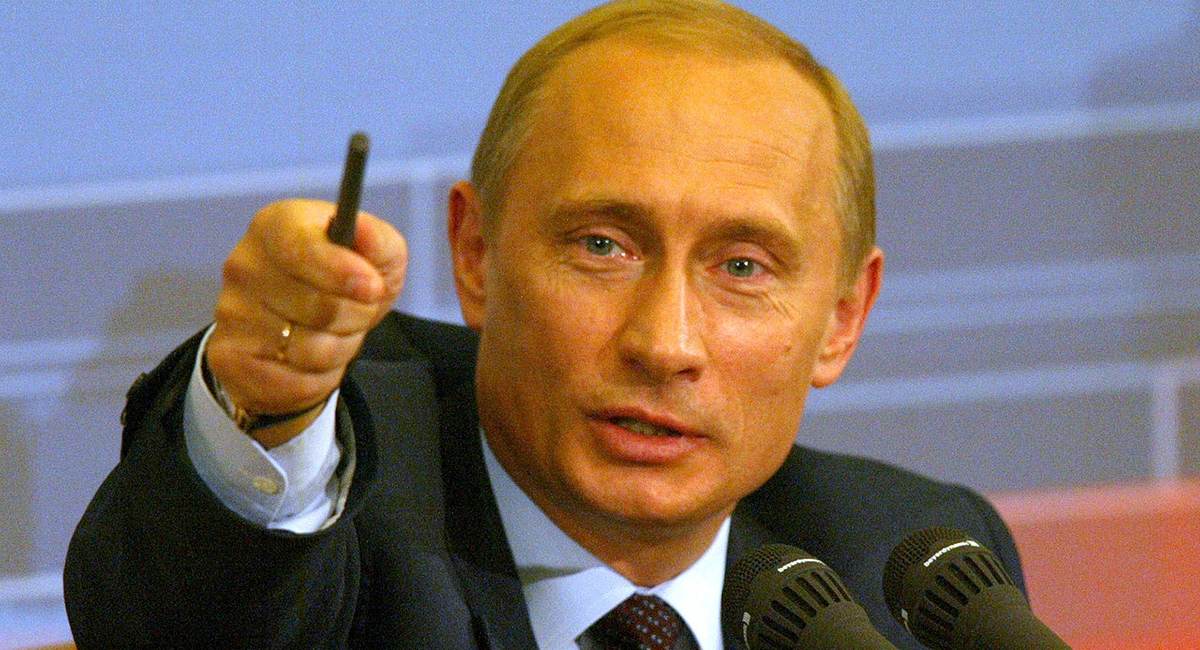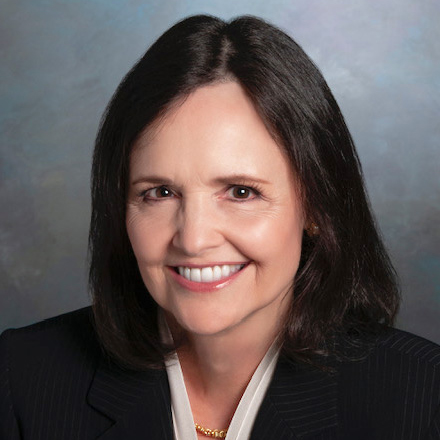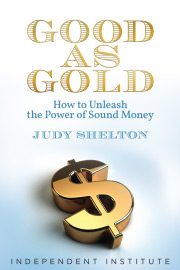The financial abyss is the deepest abyss of all; you can keep falling into it your whole life.—Ilf and Petrov
“The Golden Calf” (1931)
In the early years of the Soviet Union, Marxist policies for a “workers’ paradise” wrought such devastation on the Russian economy that Vladimir Lenin was forced to restore certain aspects of market capitalism—limited private ownership, trade with foreign countries—to salvage the future of Bolshevism. The line above comes from a famous Russian satire about two scoundrels who took full advantage of the widespread corruption under the New Economic Policy (NEP) to accumulate illegal fortunes.
Fear of financial failure is a recurring nightmare for Russians, who recall with angst the collapse of the Soviet economy at the end of the 1980s. The following decade, in August 1998, a newly constituted Russian Federation defaulted on its government bonds as the ruble lost two-thirds of its value in less than a month, plunging the nation back into bankruptcy.
While humiliation still lingers in the national psyche, Russia has seemingly entered a new phase in its struggle to reconcile totalitarian tendencies with capitalist rewards. Today, oil revenues ostensibly provide a bulwark against economic losses caused by government misjudgments.
But even as Russian tanks assert a physical claim on Georgian territory, Moscow is already feeling the consequences in fiscal terms. Foreign investment capital—the lifeblood of Russian equity and credit markets—is draining out as the world recoils.
Group of Seven leaders should take particular note of this spontaneous market phenomenon—and also take heart. Because no matter what sanctions the European Union might choose to impose, no matter how severely the world’s leading industrialized nations jointly condemn their “fellow G-8 member”—nothing will punish Russia more than to watch the dream dissolve yet again.
Vladimir Putin, who used to chase rats with a stick in the stairwell of his crumbling apartment block during his Leningrad boyhood, today seeks to thrash what he perceives as a hostile world order. He vows to “put an end to the unipolar world ruled by the U.S.,” and has shown his willingness to raise the specter of financial ruin—his nation’s deepest fear—to indulge this obsession.
The irony of the story, and the tragedy, is that Mr. Putin needs little assistance from the U.S. and its trans-Atlantic allies to destroy Russia’s own standing in the international political and economic order.
The rout in Russian stock markets actually began before the invasion of Georgia, prompted by Mr. Putin’s rumblings of despotic displeasure in late July. The shares of Mechel, one of Russia’s leading mining and metals companies, plunged 38% on the New York Stock Exchange after Russia’s prime minister publicly accused the company of selling raw materials to foreigners at lower prices than those charged domestically. Perhaps it was Mr. Putin’s ominous advice (widely viewed as a sinister threat) to Mechel’s owner and director, who was hospitalized at the time—“I think Igor Vladimirovich should get better as quick as possible, otherwise we’ll have to send him a doctor”—that chilled investor sentiment, wiping out $6 billion in shareholder value in one day.
Only hours earlier, Robert Dudley, president of the Anglo-Russian energy company TNK-BP, was forced to flee Moscow after systematic harassment by government authorities. Locked in a power struggle for managerial control, the joint venture is Russia’s third-largest oil producer; its Russian principals want to wring maximum cash payments out of the business while the British side argues for capital investment to increase future production. Analysts suspect the Kremlin is fully complicit in the effort to oust the foreigners—denying visas to the company’s British employees, launching tax investigations, tapping residential phones.
Since the attack on Georgia began in early August, the decline in Russian financial markets has accelerated sharply. The benchmark RTS Index of leading Russian stocks has slumped to its lowest level in two years. The ruble has registered its biggest monthly decline against the U.S. dollar in more than nine years as foreign investors rush to retrieve their capital—some $25 billion in the last three weeks, according to French investment bank BNP Paribas. The amount of debt raised by Russian companies in August has fallen 87% from July levels. The issuance of new equity has come to a virtual halt—a mere $3 million was raised in August compared to $933 million in July.
To combat the alarming magnitude of capital desertion, officials at Russia’s central bank have scrambled to raise interest rates, allowing the yield on domestic ruble bonds to increase by 150 basis points. But complaints about the tightened credit situation have already begun among Russia’s powerful industrial oligarchs. One of them, Vladimir Potanin, paid a recent visit to Mr. Medvedev to let him know that Russian companies’ restricted access to world financial markets was causing difficulties. The billionaire businessman suggested that the government tap state reserves to ease the liquidity crisis. Mr. Medvedev quickly acquiesced, promising to unveil a new program of easy credit before the end of September.
It is part of the continuing pattern for Russia—forever trying to have it both ways with “private” companies in cahoots with the Kremlin, entrepreneurial ambition subject to Big Brother’s approval, and capitalism without democracy. It’s a pattern that has consistently led Russia to blame outsiders for woes incurred as the result of its inherent dissonance, and to petulantly abandon earlier aspirations for global integration.
And it has always led to the financial abyss. Even now, the outlines of the old command-style economic blueprint are emerging as Mr. Putin promotes his 12-year development plan for the country. The foreign capital required to fund it is disappearing by the minute, however, which means the plan must be altered. Expect the nastiness to ratchet upwards as Mr. Putin wields his stick against his purported enemies. On Friday, he threatened to cut supplies to Europe of “oil, gas, petroleum chemicals, timber, metals, fertilizers” should it align with the U.S. in confronting Russian aggression against bordering nations. In Moscow, reports are circulating that Lukoil executives have been notified by the Kremlin to be prepared to restrict oil deliveries to Poland and Germany through the Druzhba pipeline. (In Russian, druzhba means “friendship”—a perfect tribute to Orwellian doublespeak.)
What Mr. Putin has yet to learn is that capital does not respond well to extortion. Global investors are not impressed by economic threats to cut off supplies to vital customers. Indeed, they abhor the elevated “country risk” associated with political adventurism.
But what can the West do to express its rejection of such tactics? Preventing Russia from joining the World Trade Organization means little to a country that disdains the rules of free trade—on Friday, Moscow banned poultry imports from the U.S.—and blatantly circumvents antimonopoly policies. Russia’s refusal to acknowledge intellectual property rights is consistent, if unscrupulous; according to researchers at the Brookings Institution, Mr. Putin plagiarized much of his dissertation for a Ph.D in economics in 1997 from a management study written by two professors at the University of Pittsburgh in 1978.
The most farsighted move Western governments could make would be to set up a fast-track approach to European Union membership for the most vulnerable of Russia’s neighbors: Ukraine. As a parallel step, an interim monetary facility should be arranged to help the country make an early transition to the euro; if the EU balks, the U.S. should offer Kiev the opportunity to dollarize. Investors will be drawn to the stability and freedom of conducting business in a major reserve currency.
Mr. Putin, who harbors dreams of a vast ruble zone across the former Soviet empire, won’t like it. But he has to understand: Sometimes the invisible hand strikes back.









